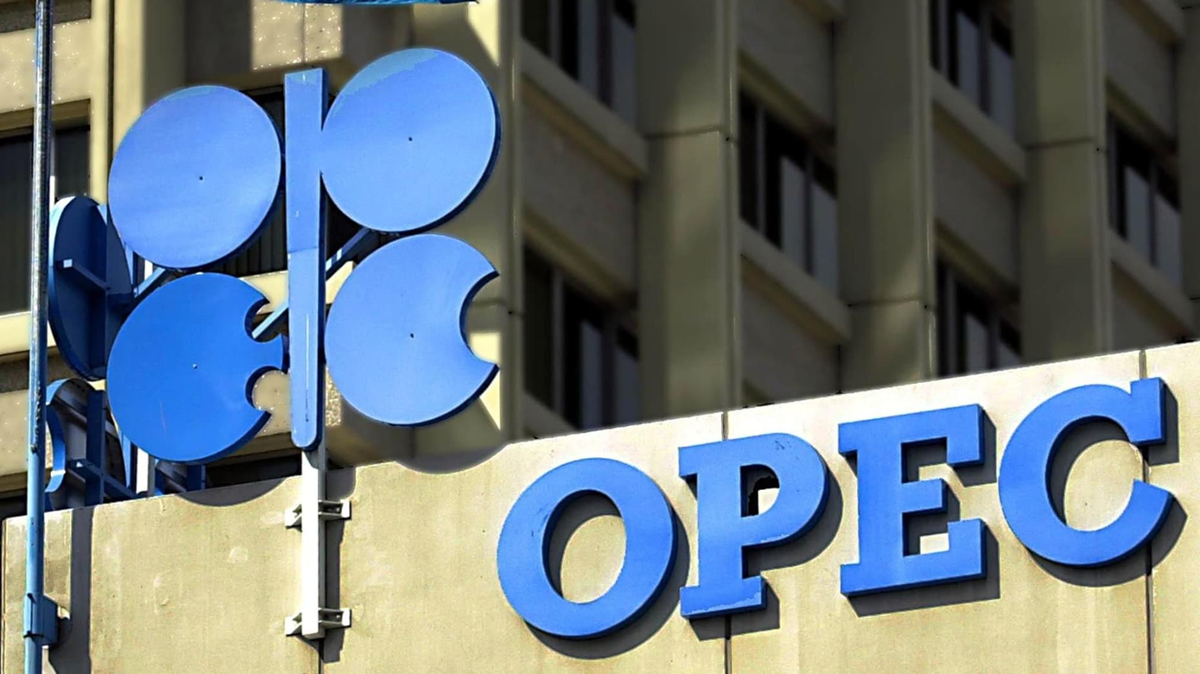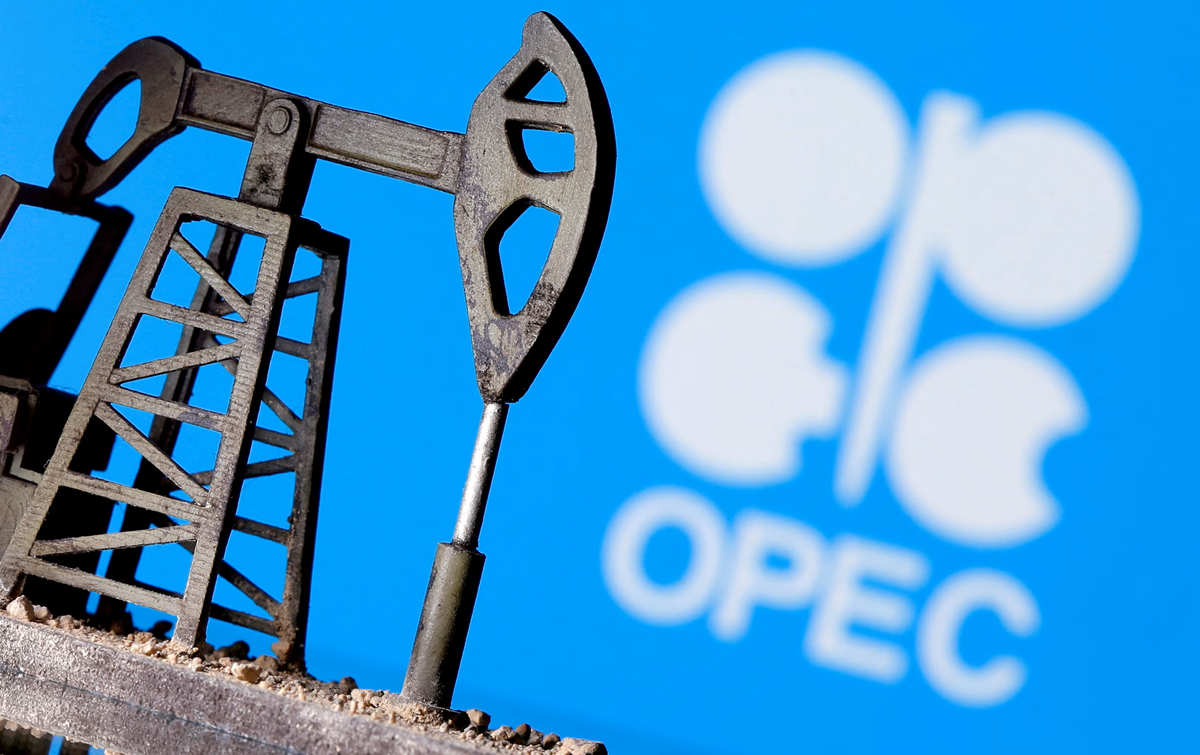Nigeria’s crude oil production fell to 1.39 million barrels per day (bpd) in September 2025, representing a decline of 67,000 bpd compared with August’s output, according to the Organisation of the Petroleum Exporting Countries (OPEC).
The figures, released in OPEC’s latest Monthly Oil Market Report, show that Africa’s largest oil producer continues to grapple with production constraints despite government efforts to restore stability in the sector. The drop comes as Nigeria works to boost earnings from crude sales amid persistent issues of oil theft, pipeline vandalism, and ageing infrastructure.
Data sourced from direct communication with the Nigerian government indicated a slightly higher figure of 1.42 million bpd, but secondary sources used by OPEC placed actual production at 1.39 million bpd. Both figures remain below the country’s OPEC production quota of around 1.58 million bpd.
The report also highlighted that global oil supply rose modestly during the month, driven by increased output from countries such as the United States, Brazil, and Guyana. Meanwhile, prices have remained steady due to ongoing geopolitical tensions and tighter market conditions.

Nigeria’s government, through the Nigerian National Petroleum Company Limited (NNPCL), has pledged to achieve a production target of 2 million bpd in 2025. Officials attribute the lower-than-expected figures to temporary disruptions caused by maintenance activities and renewed security concerns in the Niger Delta.
The Minister of State for Petroleum Resources (Oil), Heineken Lokpobiri, reaffirmed that new investments in upstream operations, particularly from joint ventures and marginal field operators, would help stabilise production in the coming months.
He also pointed to reforms under the Petroleum Industry Act (PIA) as a long-term measure to attract capital and increase output efficiency. “Our focus is to ensure transparency, security, and investor confidence in Nigeria’s oil and gas sector,” he said.
Analysts warn that continued underproduction could affect Nigeria’s revenue projections and foreign exchange inflows, especially as oil remains the country’s main source of export earnings.
Despite the setback, OPEC forecasts that Nigeria’s production may gradually recover by year-end if security operations and infrastructure rehabilitation continue as planned.


 Trending
Trending 










